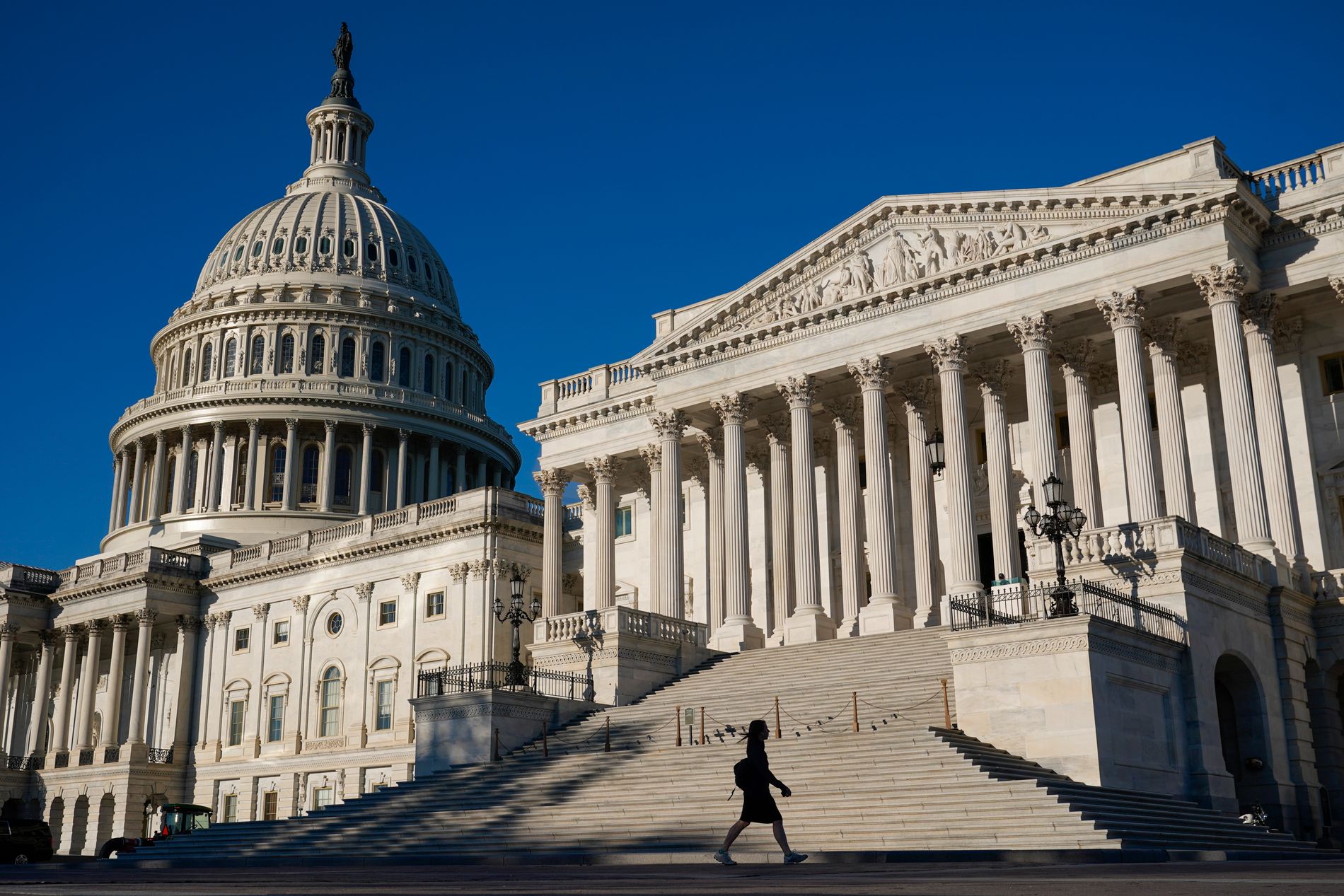CORONAVIRUS
Washington, Sep 30 (EFE News) .- The countries of Latin America and the Caribbean demanded this Thursday a more equitable distribution of vaccines against covid-19, warning about the danger that the new variants represent for the American continent, the most affected in terms of infections and deaths from the pandemic.
“We need more doses, this hemisphere needs more doses, our countries need more doses,” said the Secretary General of the Organization of American States (OAS), Luis Almagro, in an extraordinary session of the Permanent Council of that body that analyzed the panorama of the pandemic in America.
Almagro defended vaccination as “the way” to recover the social fabric, reaffirm the growth of the economy and ensure the health conditions of the population.
The meeting, held virtually and convened with the support of the Pan American Health Organization (PAHO), served as the stage for the countries to express their concern about the disparate access to doses and the need for cooperation to cope with the impact. of the current pandemic.
In a message to the attendees, the president of Colombia, Iván Duque, said he was concerned that only “one in four people is fully vaccinated in Latin America and the Caribbean” and supported cooperation as the antidote to the lack of vaccines.
Duque pointed out that his country donated 20,000 doses to Paraguay, contributed $ 500,000 to the Covax mechanism for equitable access to drugs against covid and a million dollars for immunization in the countries of the Caribbean Community (Caricom), but at its own expense It has once received donations of vaccines from the US and Spain.
Along the same lines, the director general of the World Health Organization (WHO), Tedros Adhanom Ghebreyesus, considered that the lesson left by the covid “is clear” and saw global cooperation as “the only way to deal with a global threat.
Tedros asked the countries of America to support a “legally binding” agreement to face possible pandemics, which he said will provide a “general framework for global health security.”
The president of Guatemala, Alejandro Giammattei, who is a graduate of Medicine, drew attention in his speech to the need to “maintain and protect” the achievements in vaccination against other diseases, especially to protect children from diseases that have already been eradicated, at a time when health systems have turned to fight the pandemic.
THE PANDEMIC, “A REGIONAL FAILURE”
For her part, the Foreign Minister of Panama, Erika Mouynes, recalled that the region has fared worse in the pandemic than other countries in the world and considered that it is necessary to “recognize this regional failure.”
In this sense, he explained that, despite representing 8% of the world population, “the countries of the region recorded 35% of the deaths attributed to covid.”
Mouynes also complained about unequal access to vaccines and denounced that rich nations have purchased up to eight doses per person -with agreements closed until 2023-, leaving the poorest “with few options.”
“Our region will not be able to vaccinate 80% of its population this year or in a short time yet to be calculated,” said the Panamanian Foreign Minister, who added that in the Caribbean only 27% of the population over 18 years of age is completely immunized and dependent on “promises and uncertain donations” of doses.
The Peruvian Minister of Health, Hernando Cevallos, described as a “permanent fight” to acquire the vaccines against the covid, which considered that it is related not only with the purchases made by other countries, but also with the “big business” that the Laboratories have looked at the limited distribution of doses.
Cevallos asked to “end” the licenses that give exclusivity for the production of vaccines to “a group of companies”, and defended as an “imperative need” to release patents so that more countries can access the production of doses.
ECONOMIES WHIPPED
PAHO Director Carissa Etienne joined the voices calling for greater access to vaccines, insisting that this region “has suffered more cases and deaths from the virus.”
He emphasized the economic impact of the pandemic in America, which he considered to have been “double” than in the rest of the world and has left 22 million people mired in poverty, “in a region that was already plagued by inequalities.” .
For the Prime Minister of Barbados, Mia Mottley, the economic decline in the region “is only compared to what countries have suffered in situations of war.”
The session, which lasted more than four hours, was attended by the hemisphere’s health authorities, including the main White House epidemiologist, Anthony Fauci.
–


